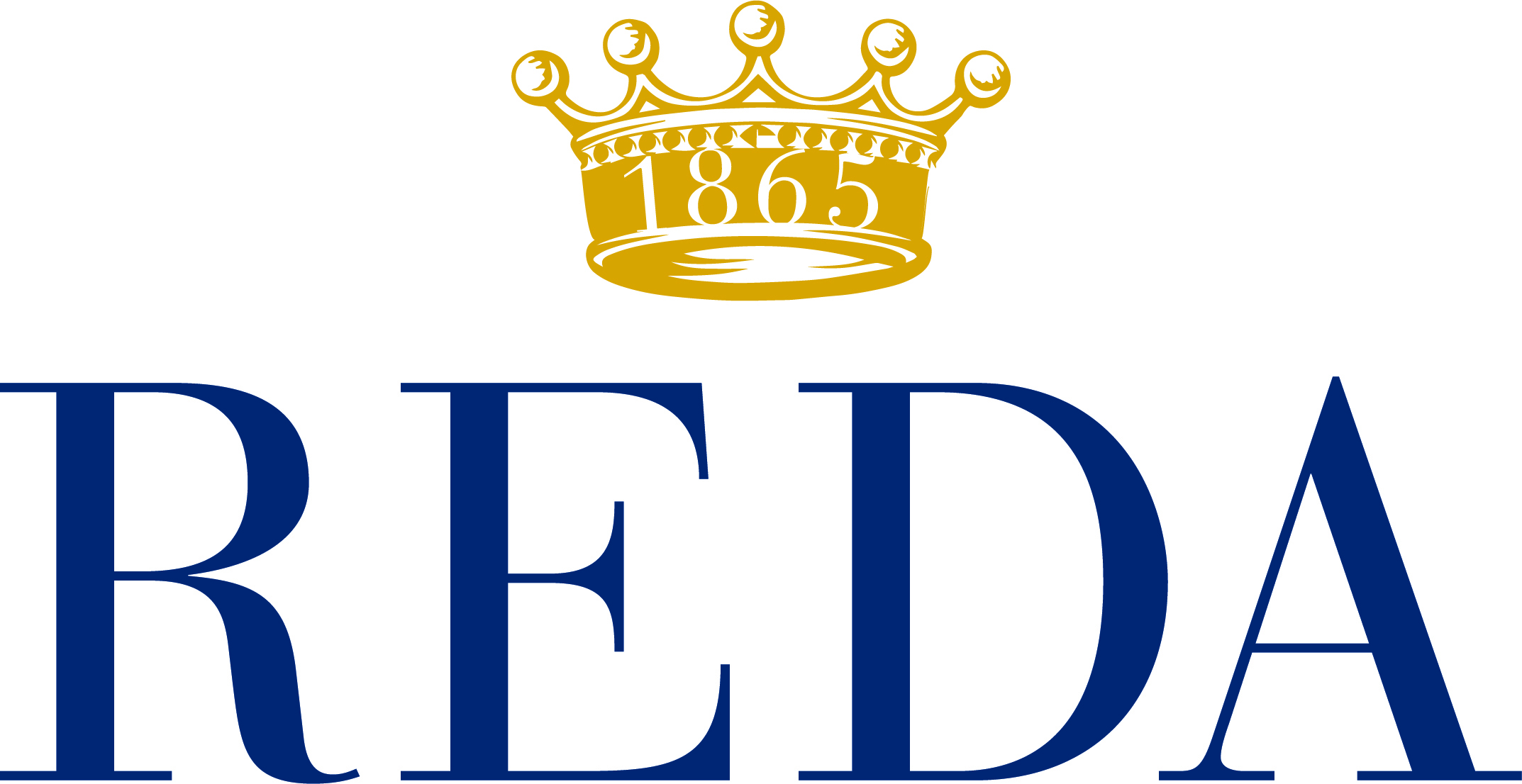

SUCCESSORI REDA S.B.p.A

Province of Biella, Italy
February 2020
Apparel
Manufacturing
Italy
Successori Reda S.p.A. is the leading manufacturer of sustainable pure Merino wool fabrics. Founded in 1865, the historic wool mill manages and controls the entire production process, from fleece to fabric. The ultimate embodiment of Made in Italy luxury, each Reda fabric stands out for its attention to detail and modern take on classic sartorial designs. At the core of the Reda philosophy, the drive for innovation and use of cutting-edge technology allow to produce high-performance fabrics that fully respect the environment. Reda is indeed one of the few wool mills that boast a Research & Development department entirely dedicated to research and innovation. Committed to creating superior quality high-performance fabrics and implementing sustainable processes, Reda has always paid special attention to promoting social welfare and constantly improving working conditions for its employees, while also measuring the environmental impact of its production since 2004. As part of Reda Group, Rewoolution, the activewear brand designed for sports and leisure time, sustainable since 2011, the year of its foundation, produces 100% ethical wool clothing and stands out for the commitment towards its employees, the environment and in the field of sustainable innovation.
Overall B Impact Score
Governance 7.2
Governance evaluates a company's overall mission, engagement around its social/environmental impact, ethics, and transparency. This section also evaluates the ability of a company to protect their mission and formally consider stakeholders in decision making through their corporate structure (e.g. benefit corporation) or corporate governing documents.
Workers 23.5
Workers evaluates a company’s contributions to its employees’ financial security, health & safety, wellness, career development, and engagement & satisfaction. In addition, this section recognizes business models designed to benefit workers, such as companies that are at least 40% owned by non-executive employees and those that have workforce development programs to support individuals with barriers to employment.
Community 11.8
Community evaluates a company’s engagement with and impact on the communities in which it operates, hires from, and sources from. Topics include diversity, equity & inclusion, economic impact, civic engagement, charitable giving, and supply chain management. In addition, this section recognizes business models that are designed to address specific community-oriented problems, such as poverty alleviation through fair trade sourcing or distribution via microenterprises, producer cooperative models, locally focused economic development, and formal charitable giving commitments.
Environment 34.7
Environment evaluates a company’s overall environmental management practices as well as its impact on the air, climate, water, land, and biodiversity. This includes the direct impact of a company’s operations and, when applicable its supply chain and distribution channels. This section also recognizes companies with environmentally innovative production processes and those that sell products or services that have a positive environmental impact. Some examples might include products and services that create renewable energy, reduce consumption or waste, conserve land or wildlife, provide less toxic alternatives to the market, or educate people about environmental problems.
Customers 2.8
Customers evaluates a company’s stewardship of its customers through the quality of its products and services, ethical marketing, data privacy and security, and feedback channels. In addition, this section recognizes products or services that are designed to address a particular social problem for or through its customers, such as health or educational products, arts & media products, serving underserved customers/clients, and services that improve the social impact of other businesses or organizations.